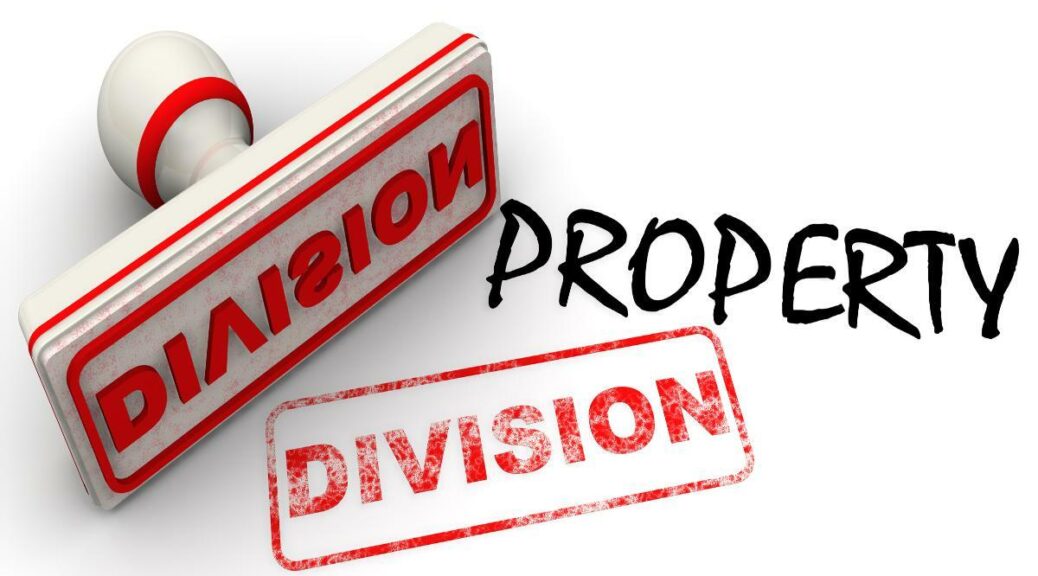In California, a default divorce occurs when one spouse files for divorce and the other fails to respond or participate in the proceedings. This situation can arise for various reasons, including lack of communication, avoidance of the divorce process, or even ignorance of the filings.
Certified California Family Law Specialist Judy L. Burger believes both parties should understand the implications of a default divorce, as it can significantly affect property division and other legal matters.
Reviewing the Default Divorce Process
When one spouse initiates the divorce process by filing a petition with the court, they must serve the other spouse with divorce papers. Once served in California, the recipient has 30 days to respond. If the non-filing spouse does not respond within this period, the court can proceed with the divorce and may grant a default judgment. This means the filing spouse can request the court to rule in their favor without input from the non-responsive spouse.
Property Division in Default Divorce
California is a community property state, meaning that nearly all property acquired during the marriage is considered joint property and is subject to equal division upon divorce. In cases of a default divorce, the court may divide property based on the information provided by the filing spouse.
This includes a Request to Enter Default (form FL-165) formally asking the court for a default divorce because your spouse didn’t respond.
You may also need to submit a Property Declaration (form FL-160) that informs the court about the community property you share with your spouse and how you want it divided.
- Community Property: This includes all assets and debts acquired during the marriage, such as income, homes, and joint bank accounts. Community property is typically divided equally between both spouses.
- Separate Property: This includes assets one spouse owned before the marriage, gifts or inheritances received during the marriage, and anything specifically designated as separate property in a prenuptial agreement. Separate property is not subject to division in a divorce.
In a default divorce scenario, the court relies heavily on the accuracy and completeness of the information provided by the responding spouse. If the filing spouse fails to disclose certain assets or debts, the court may unknowingly grant a division that does not reflect an equitable outcome. This emphasizes the importance of thorough documentation and honesty during the divorce process.
A default judgment can result in unintended outcomes. For instance, the non-responding spouse may ultimately lose rights to certain community assets or may not receive fair consideration of their financial contributions to the marriage.
NOTE: A default divorce does not automatically forfeit rights; the non-responding spouse still has legal options, such as filing a motion to set aside the default judgment within a certain period.
Protect Your Rights
If you find yourself in a situation involving a default divorce, it’s vital to seek legal advice as soon as possible. Judy Burger is an experienced family law attorney who can provide insights into your rights and options. She can help you understand your legal standing and whether it is beneficial to contest the default judgment.
- Document Assets and Liabilities: If you believe you are at risk of a default judgment, gathering an accurate account of all community and separate property will be invaluable in negotiations and court proceedings.
- Respond to Divorce Papers: If you have been served with divorce papers, it’s critical to respond promptly within the timeframe provided. If you have concerns about the divorce or property division, discuss your options with attorney Judy Burger; she can help you negotiate a fair outcome.
Get Help with a Default Divorce and Property Division
Default divorce can present significant challenges for both parties, particularly regarding property division. Property Division Attorney Judy L. Burger can help you understand California’s community property laws and the implications of a default judgment so you can protect your rights in the divorce process.
If you are facing a divorce, whether you are the filing party or the one served, contact The Law Offices of Judy L. Burger. We have eight locations throughout California, and we can guide you through the complexities of divorce to ensure a fair resolution.



